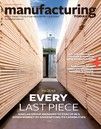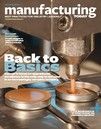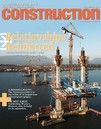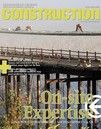Our Economy: Time To Hit The Reset Button
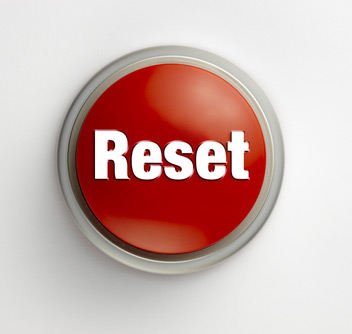 With federal bailout funds approaching four trillion dollars, unemployment soon to be in the double digits and more than 5.1 million jobs lost in the past year, the economy has certainly seen better days. Those who read into these statistics realize the true bailout numbers will never be revealed, the real unemployment rate is probably in the mid-teens and nowhere are we accounting for decreases in wages, cuts in hours and individuals who have exhausted unemployment benefits. We, as a country, are now coming out of the “golden” era, and it is time for us, as individuals, to take fiscal responsibility for our actions and put ourselves in a place in which retirement is an option. In order to do this, we must re-examine our finances, insurance and investments, lifestyles and savings.
With federal bailout funds approaching four trillion dollars, unemployment soon to be in the double digits and more than 5.1 million jobs lost in the past year, the economy has certainly seen better days. Those who read into these statistics realize the true bailout numbers will never be revealed, the real unemployment rate is probably in the mid-teens and nowhere are we accounting for decreases in wages, cuts in hours and individuals who have exhausted unemployment benefits. We, as a country, are now coming out of the “golden” era, and it is time for us, as individuals, to take fiscal responsibility for our actions and put ourselves in a place in which retirement is an option. In order to do this, we must re-examine our finances, insurance and investments, lifestyles and savings.
Finances
Though many have tried, few have succeeded in creating a budget and sticking to it. Most individuals think that creating a budget means making a detailed list of how much money each aspect of their lives will cost. The truth is a budget should be developed to itemize your fixed and elective costs; it should also be used to locate wasteful spending.
There are ways to take advantage of this economy and put your family in a better financial position as mortgage rates are at all-time lows, credit card companies are raising their interest rates for even their best clients and auto dealers are offering zero percent financing. Every part of your budget should be examined and possibly renegotiated. From health club memberships to weekly landscaping rates, no service fees should be overlooked.
Insurance and investments
Term insurance rates are at all-time lows and, assuming that you are insurable, it is quite possible that you can rewrite your life insurance policy for a lower rate for a longer period of time. From State Farm to Chubb, the property and casualty insurers have introduced new programs at lower costs. Examine every aspect of your policies and seek additional credits in order to save money without reducing coverage.
With regards to investments, these down markets have caused many to alter their retirement strategies. It is important to examine where your money is invested, the timeframe in which you plan to access it and the likelihood of your success. If these aspects of your investments are not in line, seek help. Regardless of whether you are examining your investments on your own or utilizing an investment advisor, make sure you are on track to meet your goals.
Lifestyle
Until recently, many Americans believed that being entitled to a certain lifestyle was a God-given right. Debt is the reason for our current economic situation, and in order to turn this economy around, we must control our debt. We must reexamine our lifestyles and what it costs to maintain these lifestyles, and make any appropriate adjustments. Conversely, those of you burying your head in the sand and refusing to live are making the same mistakes as those who are spending foolishly. Living within your limits is not a difficult task—it simply means you must accept who you are.
Savings
America was built on a savings rate of more than 10 percent of a family’s gross income. Throughout the past decade, not only have we not achieved that rate, but we also had a negative savings rate during several of those years. The average individual in this country carries credit card debt of more than $2,000. However, certain reports indicate this debt could be as high as $4,000 per person. Others say that one of the main causes of the banking crisis (i.e., the mortgage dilemma) was that the average American has no reserves. A savings program is not only imperative to moving the economy forward, but also to securing your well-being and that of your family. We must start saving as our finances, investments and lifestyles are all dependent on savings programs.
Recessions come and go. How we live through them, what we learn from them and how we react in the future will determine the severity of future recessions. We must reset our lifestyles in order to be prepared in the future. Now is the time to work harder, spend responsibly, examine fixed costs carefully and get back on track. Like every recession, this one will end, the markets will go up again and people will return to work. Hopefully though, we will not repeat the mistakes from the past.

